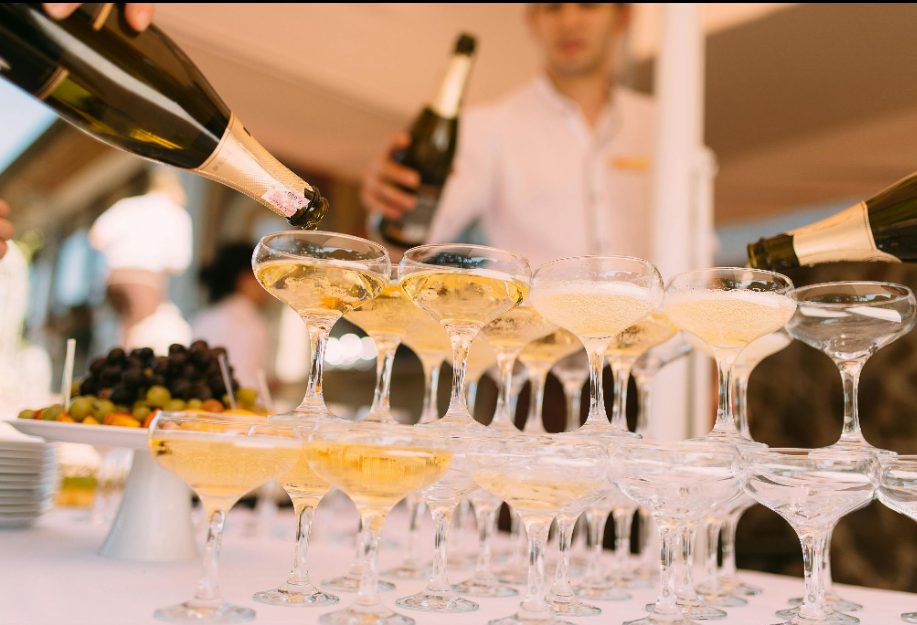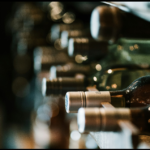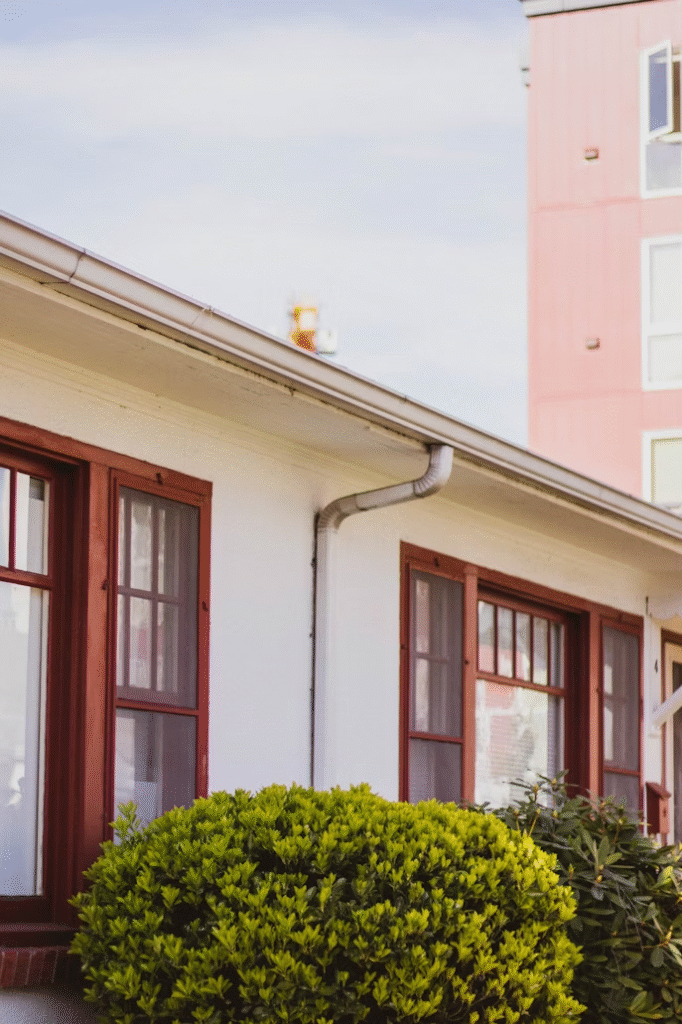Most wine lovers are highly concerned about the age of the drink. An ageing cellar is a treasure for wine enthusiasts. Vintage wine or champagne undergoes ageing in the cellars. The young wine is quite harsh. So, most consumers prefer cellar-aged wines.
Development of flavour during cellar ageing
The ageing cellar creates a perfect environment to preserve your wines for years. The environment is highly stable and promotes the ageing process. It maintains organoleptic traits of wines (such as textures and aromas). During ageing, different chemical reactions take place in champagne. It helps in developing complex flavours.
For instance, ketones and esters undergo transformation to generate various tastes and aromas. You will get notes of:
- Nuts
- Toast
- Honey
- Dried fruits
High-quality, traditionally produced champagne develops nuanced and intricate flavours with ageing. Tastes and aromas evolve with maturity of the wine. Cellared champagne is available with nutty notes and darker colours. It is a popular choice for most wine lovers.
But, long-term cellaring is not suitable for every type of sparkling wine. So, you can check the recommendations of wine producers to know about the ageing potential.
Other reasons for ageing in the cellar
Cellaring the champagne wine is vital to keep the bottle cork moist. It means the wine and the cork will have direct contact while developing a tight seal. Moreover, the cork creates an obstacle between the external environment and the bottle’s interior. It prevents the flow of oxygen into the interior side. Thus, there is no risk of premature oxidation.
If you store the champagne bottle horizontally, the drink will keep the cork wet. By staying plump, it maintains an airtight condition. So, this approach prefers champagne’s delicate aroma and carbonation. The wine will undergo ageing to retain its effervescence. If you store the wine bottle on its side, the cork must be in the right direction.
Does cellar ageing cause structural modifications?
Ageing causes some structural alterations to champagne. Grapes’ tannins and phenolic compounds slowly polymerise. It makes the wine’s astringency softer and develops a smooth drink. The process refines the structure of the sparkling wine.
During secondary fermentation, yeast cells go through an autolysis process to release polysaccharides and other compounds. These compounds determine the complexity and mouthfeel. In due course, autolytic compounds interact with other wine’s components. Thus, it helps in developing a rich flavour profile.
Vintage champagne’s ageing potential depends on:
- The particular producer
- Grape quality
- Vintage year
With ageing, vintage champagne develops its flavour. In most cases, the cellared ageing process can last for more than 10 years. It results in the development of prestigious vintage champagne wines. Moreover, it reveals more mature and complex characteristics.
Ageing cellars for vintage champagne also provide insulation and protect your drink from harmful light rays. UV light affects the wine’s compounds, and vibrations may cause disruption to the natural deposit.
So, these are some facts about cellaring vintage champagne. You can buy Champagne Pommery Brut Royal NV and enjoy the taste on any occasion.







